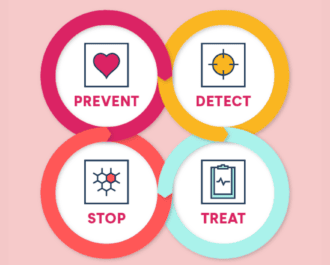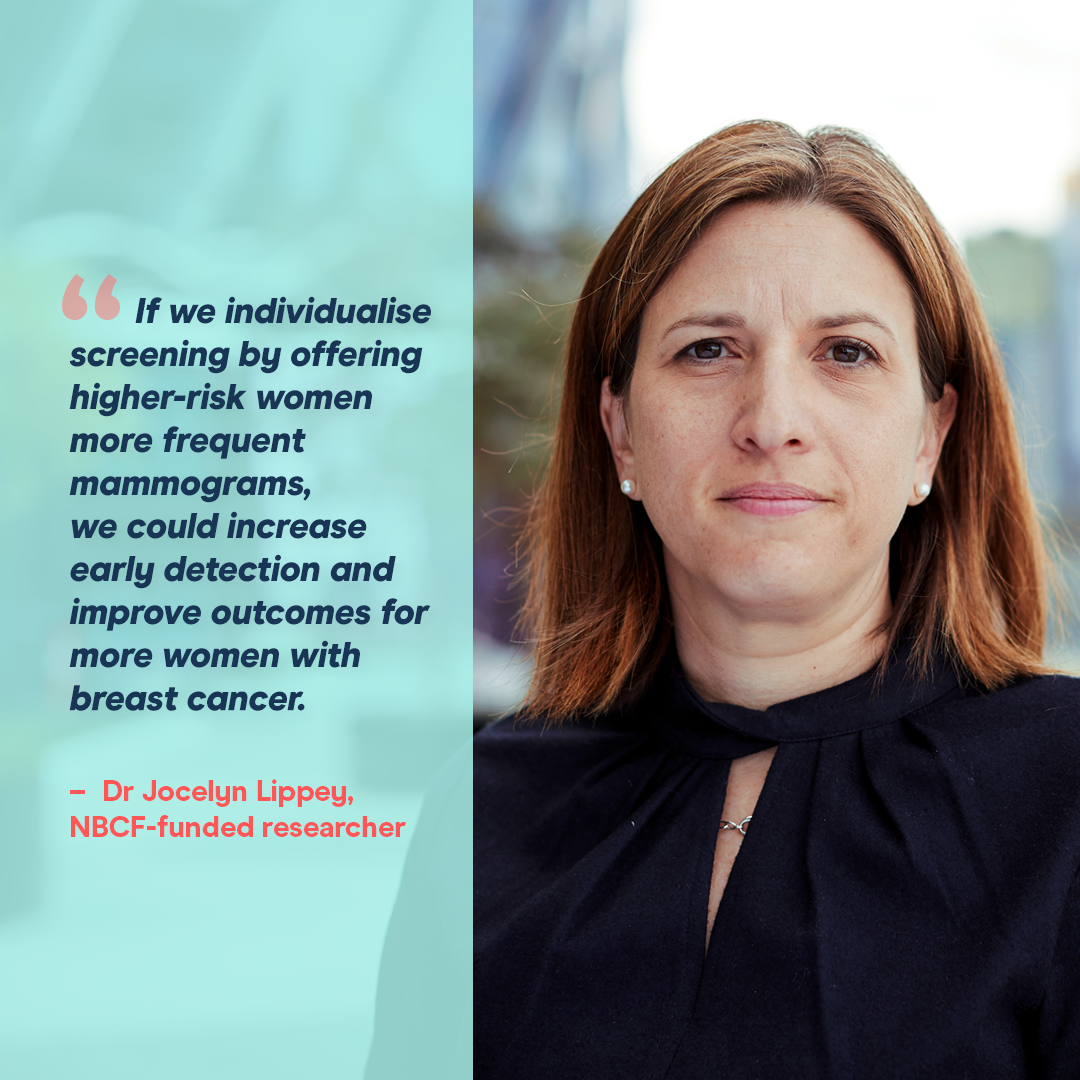
A new UK study has developed an online calculator that can help predict a woman’s risk of breast cancer. This will allow general practitioners (GPs) to identify women who need further screening and counselling. It will also enable the identification of those with lower risk profiles to help reduce unnecessary testing.
The calculator was developed by scientists at the University of Cambridge. It incorporates both genetic data and lifestyle information. Risk is calculated depending on factors such as family history, weight, age at menopause, alcohol consumption and use of hormone replacement therapy. The calculator also uses over 300 known genes for breast cancer (including BRCA1 and BRCA2).
Lead author, Prof Antonis Antoniou, said “It could be a game changer for breast cancer because now we can identify large numbers of women with different levels of risk – not just women who are at high risk. This will help GPs tailor the care they provide depending on their patients’ level of risk. For example, some women may need additional appointments with their doctor to discuss screening or prevention options. Others may just need advice on their lifestyle and diet.”
The study was funded by Cancer Research UK. The results were published this week in the journal Genetics in Medicine. The calculator will now be tested by GP practices in the UK.
Similar work is underway in Australia by NBCF-funded researcher Dr Jocelyn Lippey. Dr. Lippey has found that Australian women are accepting of the idea of individualised screening and risk assessments and is currently developing a website to communicate individualised risk. This has the potential to be used in similar risk calculator programs in Australia to help enhance current mammographic screening methods.
“I was excited to hear this new prediction tool is up and running in the UK,” said Dr Lippey. “We believe if we individualise breast cancer screening by offering higher-risk women more frequent mammograms, we could increase early detection and improve outcomes for more women with breast cancer.”
“It is important to make breast screening as effective, acceptable and embraced as possible,” added Dr Lippey. “Any individualised program needs to respect consumer input and involve them in the development of such tools.”

More News Articles
View all News


